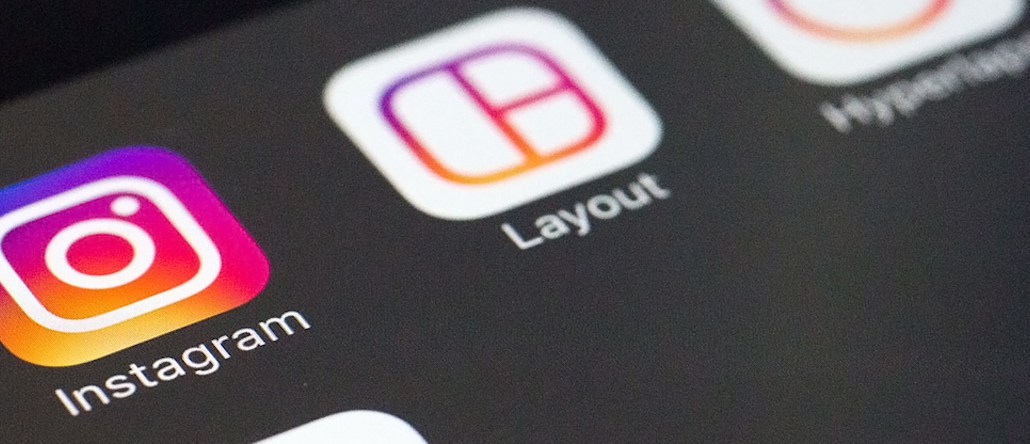Last chance to save on Digiday Publishing Summit passes is February 9

Brand media accounts are frequent targets of customer complaints, offensive slurs and hashtag trolls. Now Instagram is hoping to contain that by giving users — including brands — greater control over the moderation of their comments.
As the Washington Post reported, the platform has started allowing “accounts with high volume comment threads” to filter their comment streams, and even turn off comments entirely. Instagram already lets accounts with high volume of comments use a basic profanity filter and block out words or phrases commonly reported as offensive. But the new feature will let accounts take more charge and let them identify and block terms that affect them on an individual basis.
This would be particularly useful for brands that champion divisive issues of body positivity, inclusivity and diversity more than others, said Gary Nix, senior social strategist with iCrossing. “Those issues create both good and bad conversations, since people’s tempers tend to flare up more,” he said. “It can be effective in curtailing the negative side.”
Take Benefit Cosmetics, for example, which regularly celebrates and features makeup artists of all kinds, including men like Manny Mua, Angel Merino and Patrick Starr. These posts prompt at least a few profane comments every time, said Ginger Pelz, social media manager at Benefit. The brand hopes the new feature will help it overcome such negativity.
“We hope that the moderation tool will help us keep more hate out of our comments when we post an image of a boy in makeup or anyone who may be a ‘non-traditional’ version of beautiful,” said Pelz. “We also believe that makeup should be fun and will watch out for words like ‘gay,’ ‘hate’ and ‘promo code,’ for example.”
The feature is currently out to verified accounts, which includes “some celebrity accounts and some brands,” Instagram told Digiday. But it is expected to roll out to Instagram’s global community soon.
It can also help brands regulate some unfortunate coincidences, said Corbett Drummey, CEO of influencer agency Popular Pays. He explained how one of the agency’s beverage clients happens to share its name with a foreign recording artist, regularly drawing comments from a few persistent fans of the musician who kept accusing the account of not being “real.”
“Even though our client had a really positive community — reflective of Instagram as a whole — moderation tools can be really helpful in this scenario,” he said.
Brands should, however, exercise some caution, warned Nix. It’s not wise to follow Taylor Swift’s lead, who allegedly deleted all the negative comments following her feud with Kim Kardashian and Kanye West en masse. It’s not a quick-fix for an unintended gaffe, and, more often than not, people will take note.
“This should not be used to delete negative comments that are valid and appropriate,” he said. “Remember, the feature is not here to be used to silence opinions; it is here to protect people from offensive, harmful and personally damaging speech.”
Kevin Del Rosario, associate director of social media at Huge, also recommended that brands keep the comments turned on. “Allowing fans to voice their opinions, whatever they may be, is what makes social media special,” he said. “If you’re a brand and you have recurring troll problems, you probably have bigger issues that are simply spilling over into social media, and a comment-moderation feature, while helpful, isn’t going to save you.”
More in Marketing

Star power, AI jabs and Free Bird: Digiday’s guide to what was in and out at the Super Bowl
This year’s Big Game saw established brands lean heavily on star power, patriotic iconography and the occasional needle drop.

In Q1, marketers pivot to spending backed by AI and measurement
Q1 budget shifts reflect marketers’ growing focus on data, AI, measurement and where branding actually pays off.

GLP-1 draws pharma advertisers to double down on the Super Bowl
Could this be the last year Novo Nordisk, Boehringer Ingelheim, Hims & Hers, Novartis, Ro, and Lilly all run spots during the Big Game?





